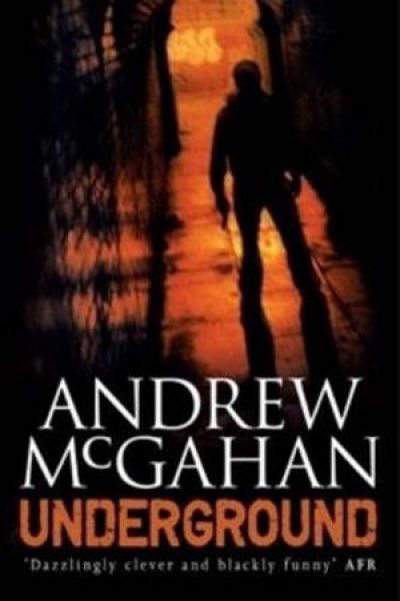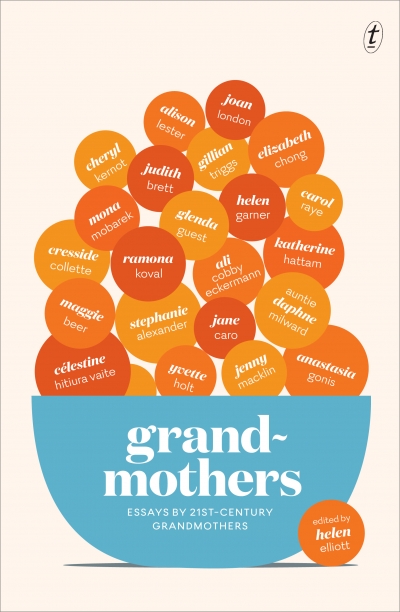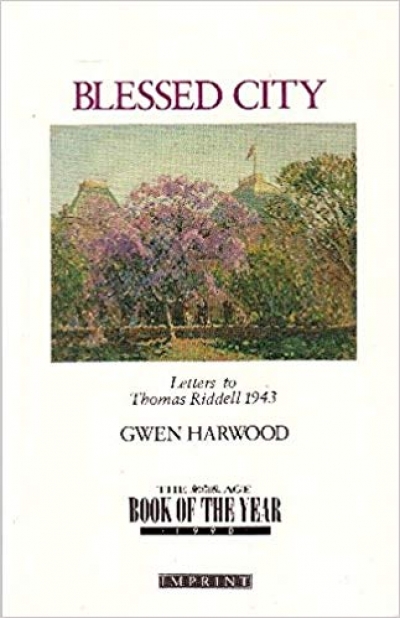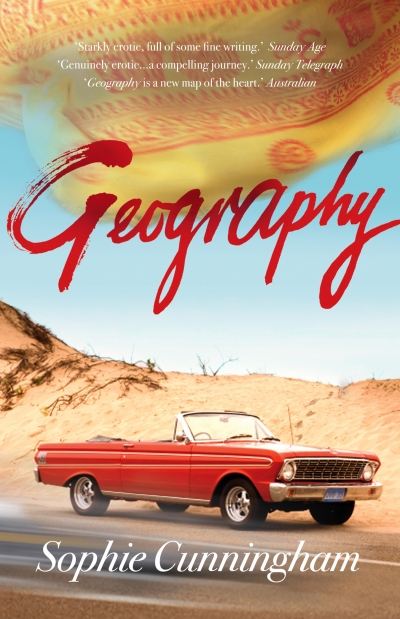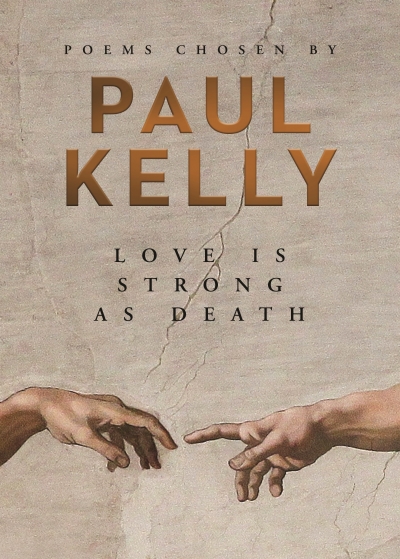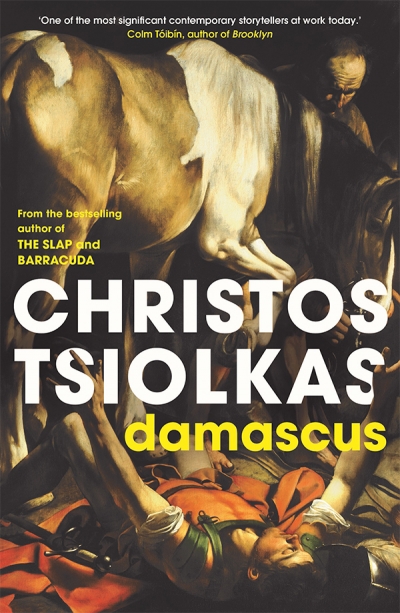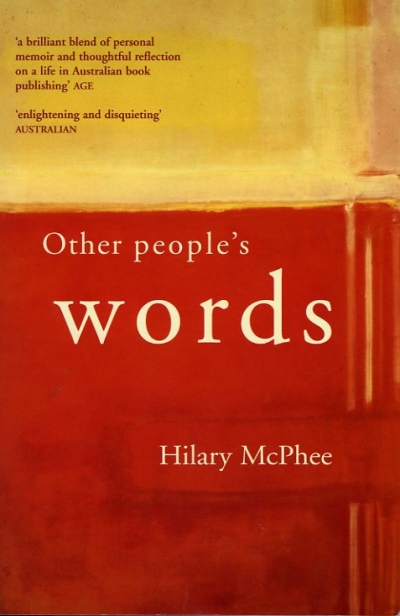Kerryn Goldsworthy

Kerryn Goldsworthy won the 2013 Pascall Prize for cultural criticism, and the 2017 Horne Prize for her essay ‘The Limit of the World’. A former Editor of ABR (1986–87), she is one of Australia’s most prolific and respected literary critics. Her publications include several anthologies, a critical study of Helen Garner, and her book Adelaide, which was shortlisted for a Victorian Premier’s Literary Award. In November 2012 she was named as the inaugural ABR Ian Potter Foundation Fellow. Her Fellowship article on reviewing, ‘Everyone’s a Critic’, appeared in the May 2013 issue of ABR.
Grandmothers are not what they used to be, as Elizabeth Jolley once said of custard tarts. It’s a point made by several contributors to Helen Elliott’s lively and thoughtfully curated collection of essays on the subject, Grandmothers, and it partly explains why these two books are not as similar as you might expect.
A Lasting Conversation: Stories on ageing – edited by Dr Susan Ogle and Mel ... (read more)
Armed with more than half a century’s worth of knowledge, experience, the fermentation of ideas and approaches in literary history and criticism over that period, and her own formidable reputation as a scholar and teacher of Australian literature, Brenda Niall returns in her latest book to the territory of her earliest ones. In Seven Little Billabongs: The world of Ethel Turner and Mary Grant Br ... (read more)
Gwen Foster met Lieutenant Thomas Riddell in Brisbane in 1942, when she was twenty-two. ‘Tony’ Riddell, stationed in Brisbane, was sent to Darwin early in 1943; and between January and September of that year, Gwen Foster wrote him the eighty-nine letters that make up this book. It’s the chronicle of a year, of a city, of a family, of a friendship, of a war no one could see an end to, an ... (read more)
The first book of fiction is a little sub-genre with a number of readily recognisable features. It’s loosely structured and tends to be episodic, without much of a plot. It’s at least partly about love and sex, preferably of an obsessive or otherwise significant kind. And it’s at least partly autobiographical. If it’s already a bad book, then these things do tend to make it worse, but if i ... (read more)
The assertion that ‘love is strong as death’ comes from the Song of Solomon, a swooning paean to sexual love that those unfamiliar with the Old Testament might be startled to find there. Songwriter and musician Paul Kelly has included it in this hefty, eclectic, and beautifully produced anthology of poetry, which has ‘meaningful gift’ written all over it.
In a brisk but friendly and ... (read more)
The man traditionally held to have written about half of the New Testament is variously known as Saul of Tarsus, Paul the Apostle, and St Paul. Initially an enthusiastic persecutor of the earliest Christians, he underwent a dramatic conversion shortly after the Crucifixion, and it is on this moment that his life, and Christos Tsiolkas’s new novel, both turn. Damascus covers the period 35–87 CE ... (read more)
‘... the reasons why anybody is an expatriate, or why another chooses to return home, are such personal ones that the question can only be answered in a personal way.’
Patrick White, 'The Prodigal Son'
At seven o’clock on the morning of 2 February 1999, I was due at the Memorial Hospital in North Adelaide to relieve my older sister at my mother’s bedside, where she had been all n ... (read more)
‘The characters which survive,’ wrote Hilary McPhee at seventeen in the copy of Thomas Hardy’s The Return of the Native that she studied in her tiny matriculation class at Colac High in 1958, ‘are those who make some compromise with their surroundings.’
Twenty years later and five hundred miles away, I was given a book for my birthday. It was a hardback with a black-and-white photograph ... (read more)
‘AT NIGHT,’ wrote Charmian Clift one summer in the late 1950s on the Greek island of Hydra where she lived with her husband and children, where the harbour village had been invaded by summer tourists, where teams of local Greek matrons invaded the kitchen in relays to monitor the foreign woman’s housework and mothering techniques, where the water supply was rapidly drying up, where she and h ... (read more)

